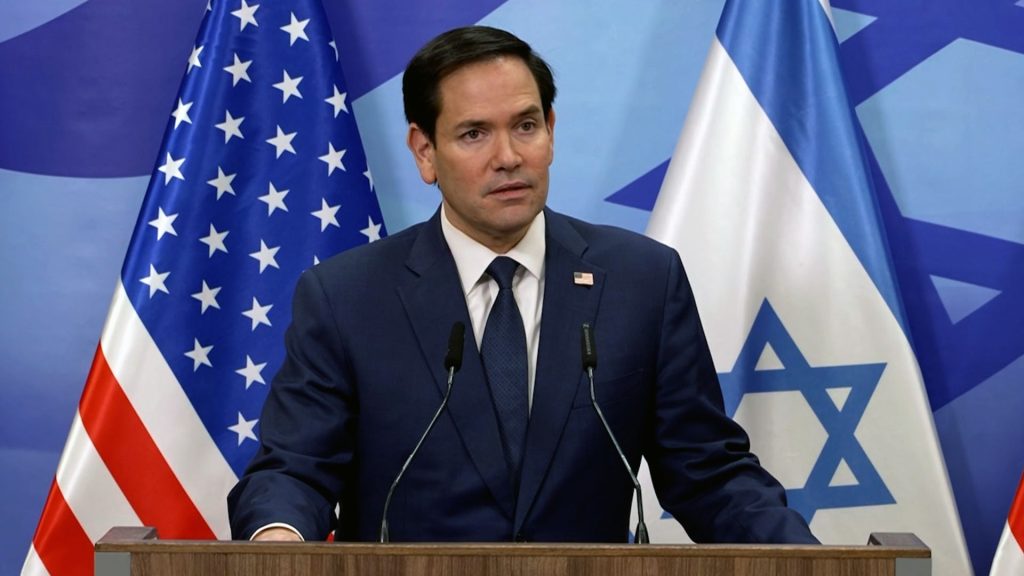United States Secretary of State Marco Rubio has announced an overhaul of the State Department, which he said stifles creativity, lacks accountability, and engages in hostility to American interests.
The major shake-up, starting on Tuesday, will reportedly affect 132 domestic offices, 700 positions in Washington, DC, and offices focused on war crimes and global conflict.
Rubio noted that the Department has long struggled to perform basic diplomatic functions, while its size and cost to the American taxpayer have ballooned over the past fifteen years.
The problem, he said, is not a lack of money or dedicated talent, but rather a system in which everything takes too much time, costs too much money, and involves too many individuals.
The Secretary said bureaus and offices fight to be included on the approval chains for even the most mundane memos, only then to reach agreement on drafts that are bloated in length while stripped of all meaning.
Rubio expressed concern about motivated and creative employees seeing their ideas watered down, while the inboxes of senior officials are inundated with hundreds of requests for approval.
He condemned how radical ideologues and bureaucratic infighters have learned to push through their own agendas, often at odds with those of the President and undermining the United States’ interests.
Rubio cited the now-closed Global Engagement Center (GEC), which he said engaged with media outlets and platforms to censor speech it disagreed with, including that of the President.
“I am initiating a broad reorganisation of the Department to address the steady growth of bureaucracy, duplication of functions, and capture by special interests that have crippled American Foreign Policy,” he noted.
Rubio said the shake-up will ensure regional bureaus and U.S. embassies have the tools necessary to advance America’s interests abroad, as region-specific functions will be streamlined to increase functionality.
The Secretary announced that redundant offices will also be removed, and non-statutory programmes misaligned with America’s core national interests will cease to exist.
Additionally, all non-security foreign assistance will be consolidated in regional bureaus charged with implementing U.S. foreign policy in specific geographic areas.
Rubio said that if something concerns Africa, the Bureau of African Affairs will handle it, while economic policy will be consolidated under the Under Secretary for Economic Growth, Energy, and Environment.
The responsibilities for security assistance and arms control will now be united under the Under Secretary for Arms Control and International Security.

